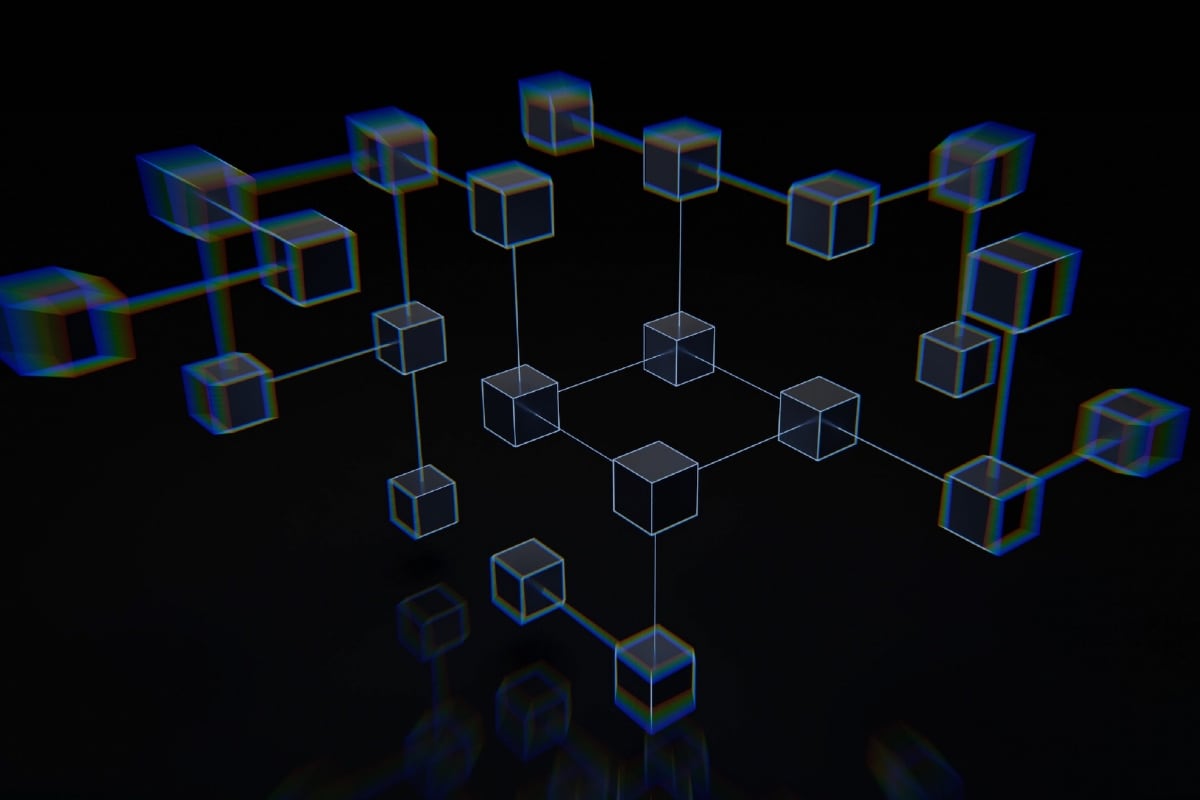IIT Madras Moves Student Election Voting to Blockchain, Identifies Challenges
In a bid to test the use of blockchain in the governance sector, IIT Madras has moved its student election systems from servers to blockchain. As part of a college club dedicated to blockchain-related research work, students at the prestigious engineering college are attempting to test the technology along the themes of voting and IP protection, among others. In conversation with Gadgets 360, IIT Madras said that its experiments with blockchain should not be seen as ‘betting on crypto,’ rather as a pilot into exploring the distributed ledger technology on a wider scale.
Professors Prabhu Rajagopal and John Augustine from IIT Madras collaborated with the students on the project to introduce blockchain-based voting as part of their student election process.
Research and experiments at IIT Madras have shown that blockchains could improve the governance system by bringing down the costs considerably and enabling a verifiable and tamper-proof voting process.
“Blockchain offers a cost reduction to conduct and manage the overall voting process, which is otherwise not possible when conducting large-scale elections using other software based on servers. In addition, blockchain’s feature that prevents any changes to be made to the stored data brings an innate trust to the election process,” IIT Madras faculty members involved in the project told Gadgets 360. “Blockchain will be the backbone of many innovations in this decade and will radically change the functioning of various social institutions.”
Blockchain is a decentralised, distributed, time-stamped ledger used for maintaining a record of all transactions running on the network. This ledger, instead of being maintained by one person or organisation (which is the case in normal databases), is maintained by all the ‘nodes’ on the blockchain, resulting in political and power decentralisation, representing true democracy.
IIT Madras has been trying to incorporate blockchain into its internal election system since 2022. In the last two years, some of the country’s top engineering minds have identified some shortcomings associated with integrating blockchain in the voting systems.
“The transaction speed on blockchain is slower with current technologies and this has to be improved if the system has to be deployed on large scales; also, ensuring that the system is secure from cyber-attacks poses some challenges on a wider scale implementation,” Professor Prabhu Rajagopal, Advisor (Innovation and Entrepreneurship), IIT Madras, told Gadgets 360.
Rajagopal also noted that deploying the blockchain infrastructure to manage large scale databases might also come across as an eventual challenge that will need to be handled tactically.
This year, IIT-Madras has piloted a blockchain solution developed by Plenome, a startup headed by Rajagopal and consisting of blockchain-curious students.
“Voting technology is one such area which is the bedrock of a democratic system. We aim to make this process simple and accessible to people in their comfort while simultaneously improving security and reducing overall costs. Scaling up the elections will bring about new challenges which we will be eager to solve,” the institute officials noted.
The institute also recently initiated the work of drafting policies to oversee the metaverse sector in India as a reference that the government could access and utilise while deploying regulations on the national level.
Check out our Latest News and Follow us at Facebook
Original Source







